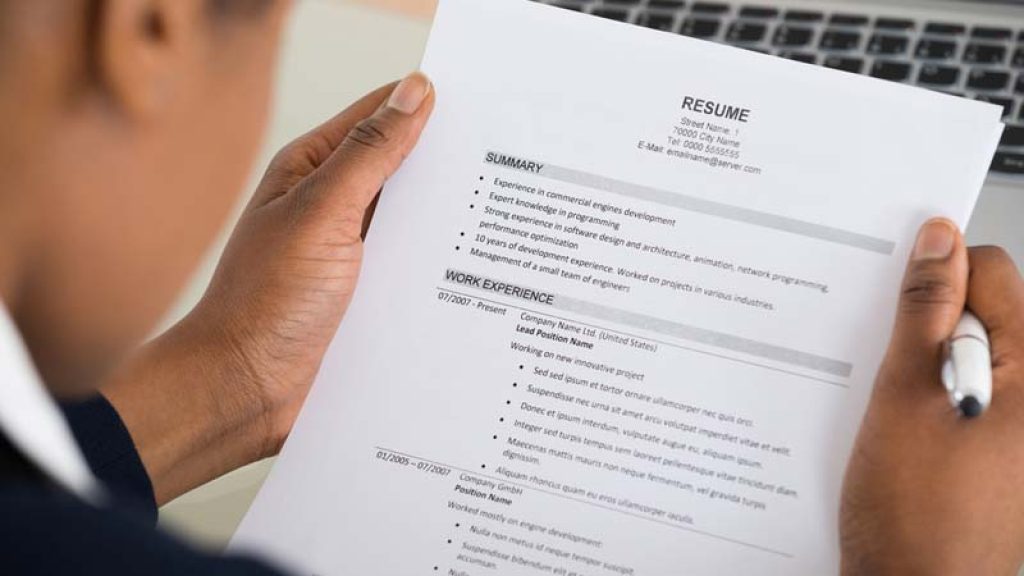
When you lose a job, either because you were let go or because you quit, you might feel motivated to pick up a new job as quickly as possible. This is the route that most people take, attempting to close the gap between jobs and start making money again within the span of a couple of weeks. But this isn’t always the route people take. Some people deliberately choose to take a break before picking up a new job, and others find it difficult to find a job in the line of work they desire.
What’s the best way to deal with a gap between your jobs?
Table of Contents
The Post-Mortem

Source: uservoice.com
Before you do anything else, conduct a post-mortem analysis. Why are you in this place? What went wrong at your current job and what can you do to prevent this situation in the future?
In an obvious example, let’s say you were fired for negligence or over an egregious error. If this is the case, what could you have done to prevent this error or save your job after you made it?
In a less obvious example, let’s say you quit your job voluntarily because the stress got to be too much for you to handle. Would it have been wise to quit before things got so bad? Was there anything else you could have done to salvage this opportunity?
This isn’t the time to wallow in regret. Instead, this is simply about recognizing what happened, analyzing these events, and learning from them.
The Practical Benefits of a Job Gap

Source: coverletterninjas.com
Let’s start by taking a look at the practical benefits of having a job gap, and what you can do to maximize those benefits. Job gaps are effective for two main reasons: first, they give you an opportunity to learn and develop yourself, and second, they help you reduce stress and avoid burnout.
Here’s how you can maximize those benefits:
- Sign up for classes. This is a perfect opportunity to learn new skills and gain new knowledge, so make it a point to sign up for classes. These days, it’s easy to find free learning opportunities online, so you shouldn’t have any shortage of information to absorb.
- Start investing. If you’ve recently lost your job, money may be tight – but this happens to be a great time to start investing. Whether you’re interested in stocks, investment, real estate, cryptocurrency, or something entirely different, evaluate your current financial situation and consider opening an account with a major brokerage. If you’re new to investing, start with a small amount; you can always invest more as you learn and gain more experience. According to Green Residential, it pays to start investing in real estate as early as possible, so you can capitalize on more long-term gains and learn from your mistakes.
- Catch up on chores and responsibilities. Juggling your career and family responsibilities can render you practically unable to fully accomplish your chores and other personal responsibilities. This is the perfect chance to catch up. Tackle that home improvement project, reach out to old friends, and make a list of other responsibilities that are hard to address when you’re busy.
- Spend time with family. Spend time with your family and your friends. This is a valuable opportunity to reinforce your bonds and feel socially connected to others.
Coping With Boredom and Malaise

Source: bhpalmbeach.com
Even if you don’t really like working, being unemployed can afflict you with boredom and malaise. You’ll need to find some way to cope with it if you’re going to stay mentally healthy.
- Embrace boredom. Boredom can be a good thing. Being bored allows the mind to wander, giving you time to generate more creative ideas and destress. Don’t be afraid of being bored; in fact, you should occasionally lean into it.
- Set goals. What are you hoping to get out of this gap between your jobs? Make sure to set specific, actionable goals that you can realistically achieve.
- Stick to a routine. You’ll feel much more confident and much more productive if you find a way to stick to a routine. Even simple habits, like cooking breakfast or reading the paper, can be good additions to your daily schedule.
- Do something productive every day. Focus on accomplishing one significant achievement every day. It doesn’t have to be life-changing, nor does it have to take a long time, but it’s important to look back on your day and feel like you accomplished something.
- Start some new hobbies. This is a great time to start a new hobby or learn something new. It will keep your mind active, train you in new skills, and potentially introduce you to a host of new people.
- Volunteer. Volunteering has many benefits. You’ll actively give back to your community, spreading positivity. You’ll get out of the house and (probably) learn new things. You’ll also have a valuable opportunity to meet and network with other professionals.
Justifying the Gap

Source: careercenter.utsa.edu
Unfortunately, gaps between jobs can look questionable on your resume. Employers may be curious as to why you chose to withdraw from the workforce, and if there are any factors that would prevent you from giving your full effort and attention to this job.
Thankfully, this stigma is beginning to fade, and employers are beginning to look more favorably at gaps between jobs listed on resumes. However, you may still be in a position to justify the gap in your interview.
Focus on the positives and how the gap in your resume was beneficial for you. You can talk about the new things that you learned, the new skills you developed, or how refreshed you feel after having a break from stressful jobs. As long as you’re able to give a reasonable explanation that makes you look polished and professional, don’t worry too much about how your gap appears.
There’s nothing wrong with taking a few months, or even a few years between jobs, especially if you have a strong enough financial foundation to support it. However, if you want to make the most of this time, and if you want to make the best impression with your new employers, it’s a good idea to employ these strategies.







